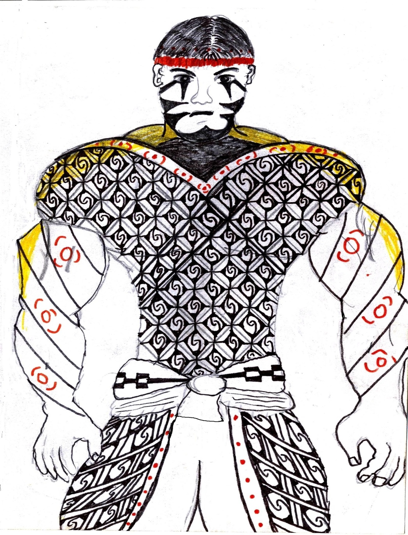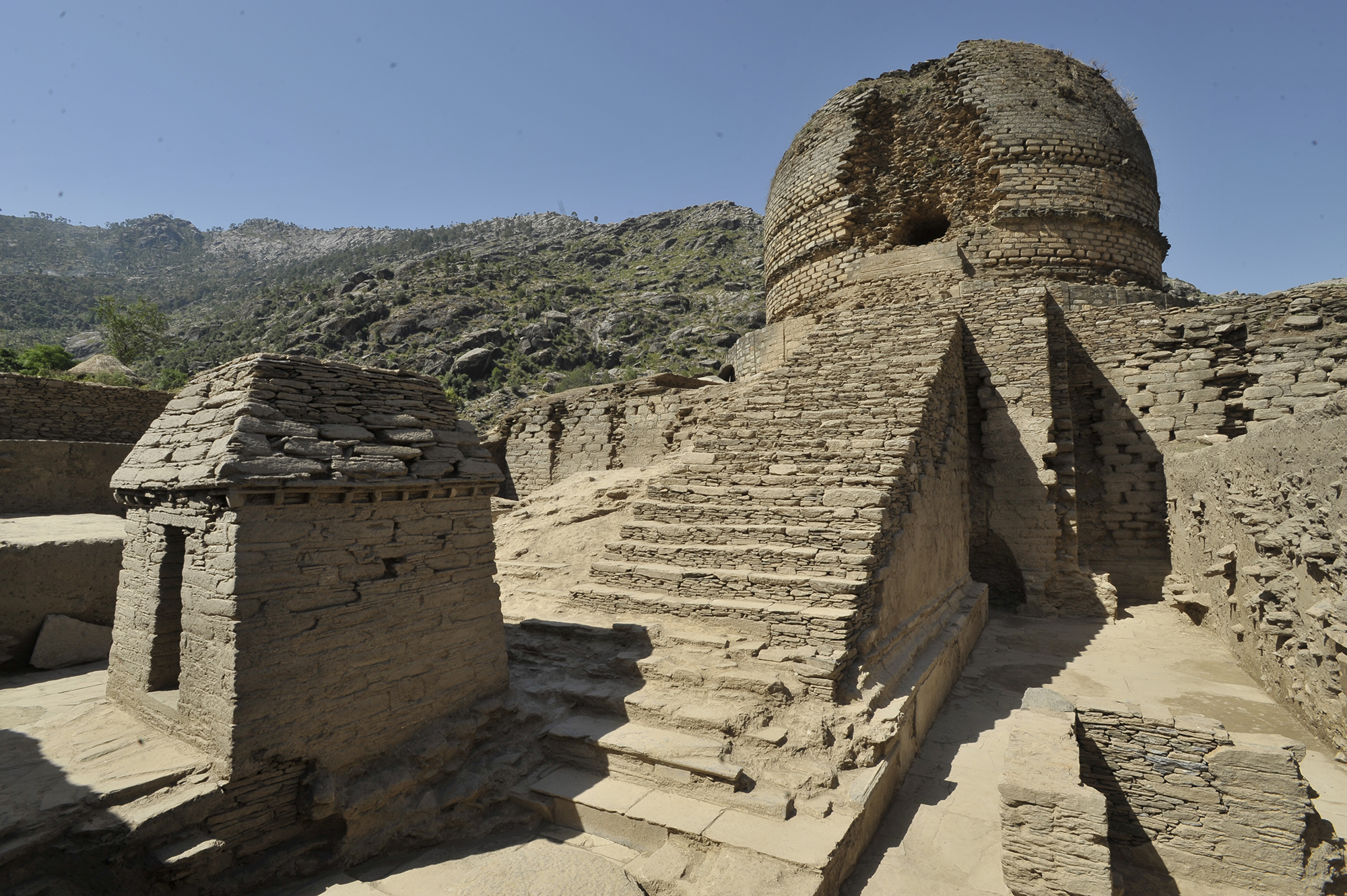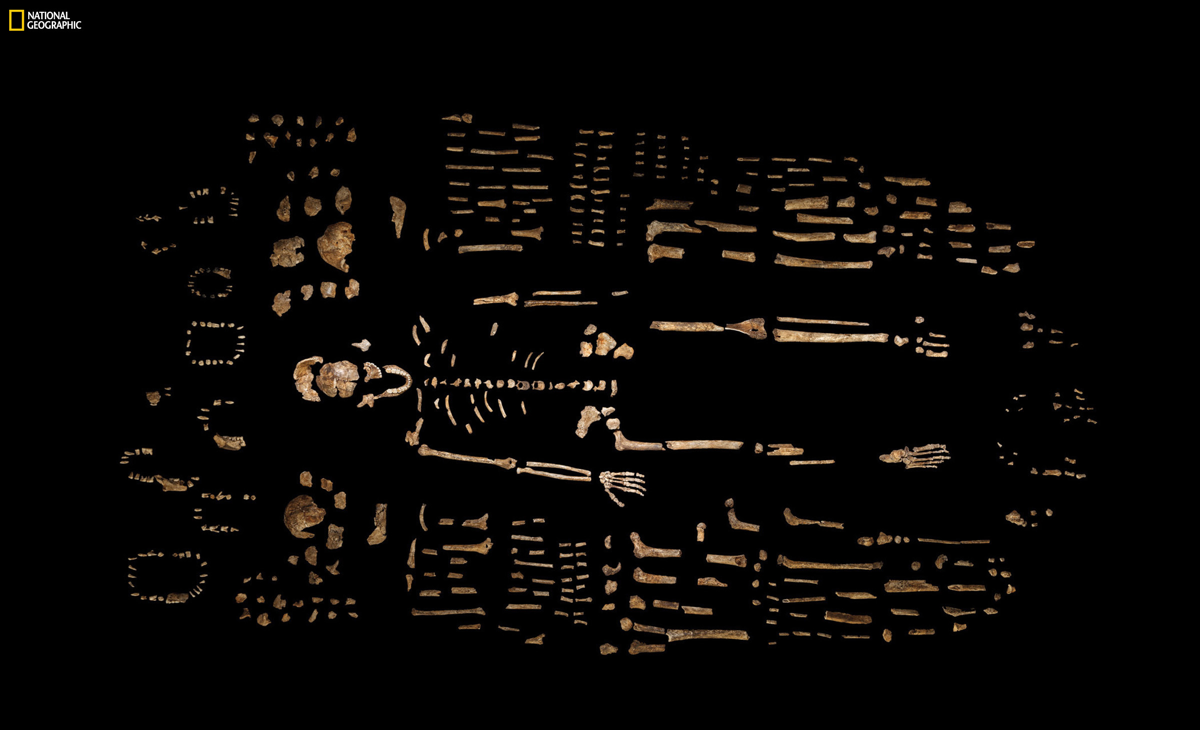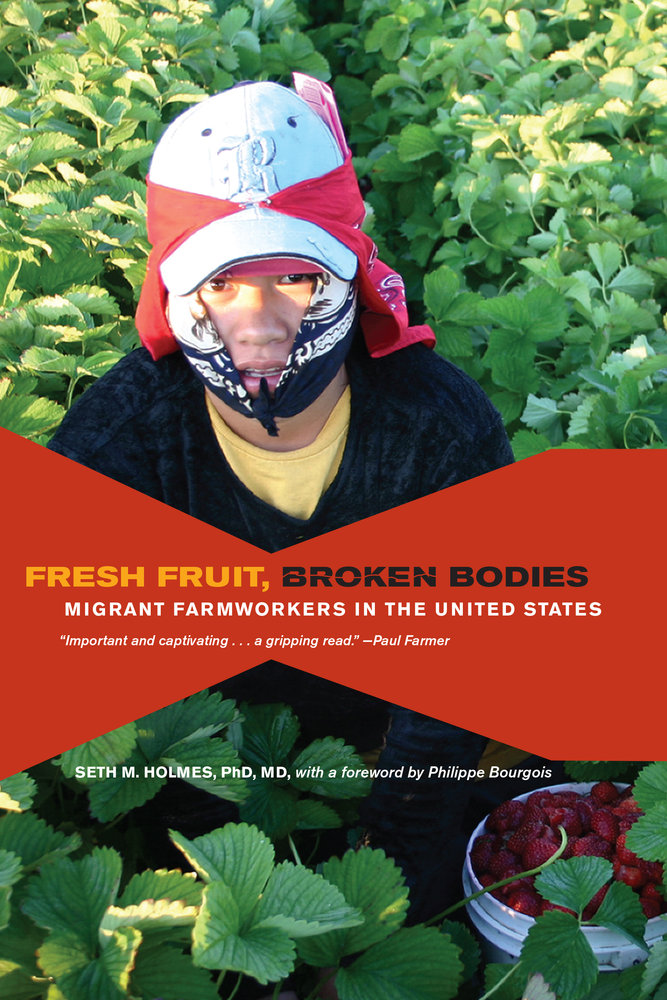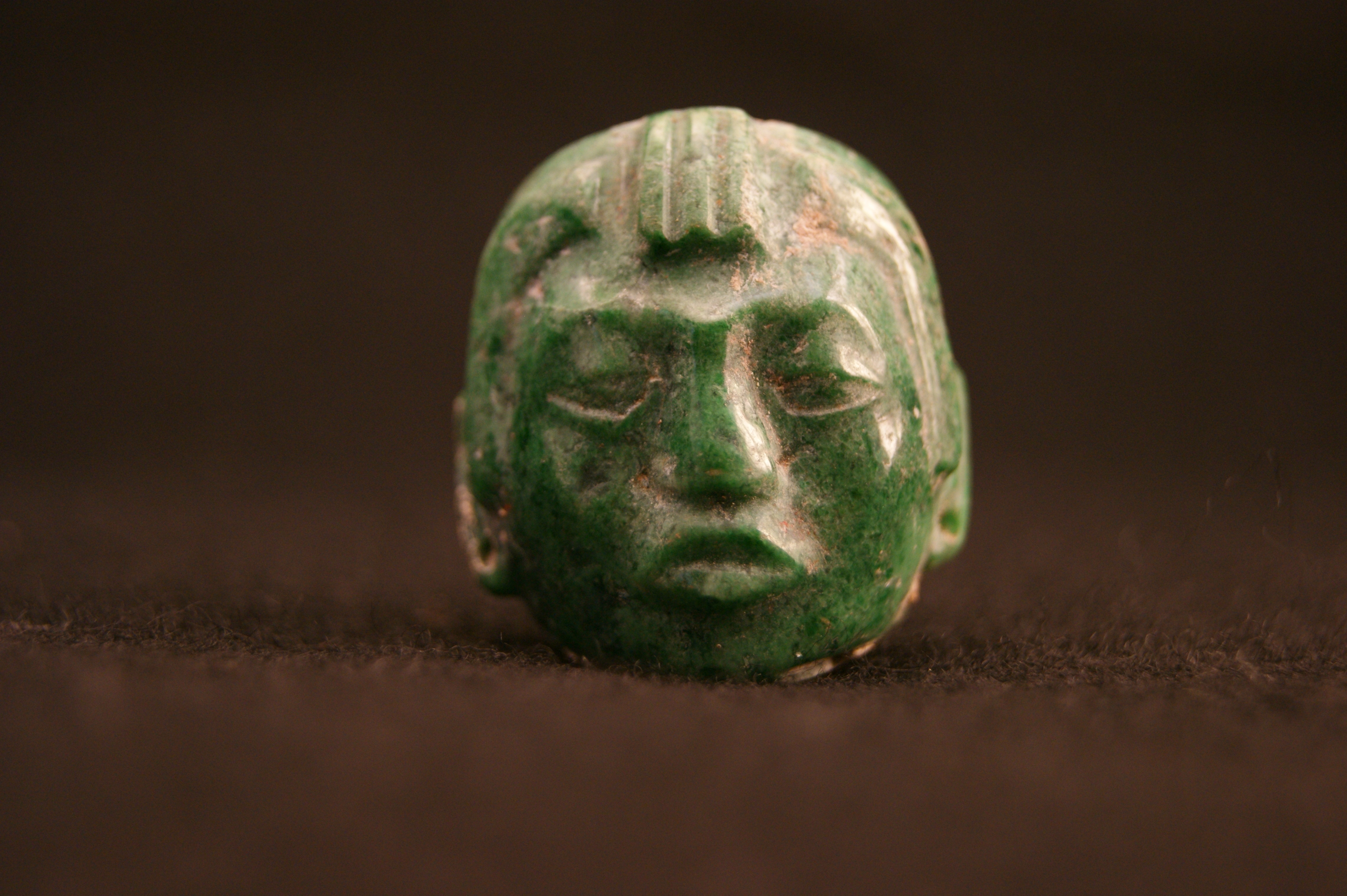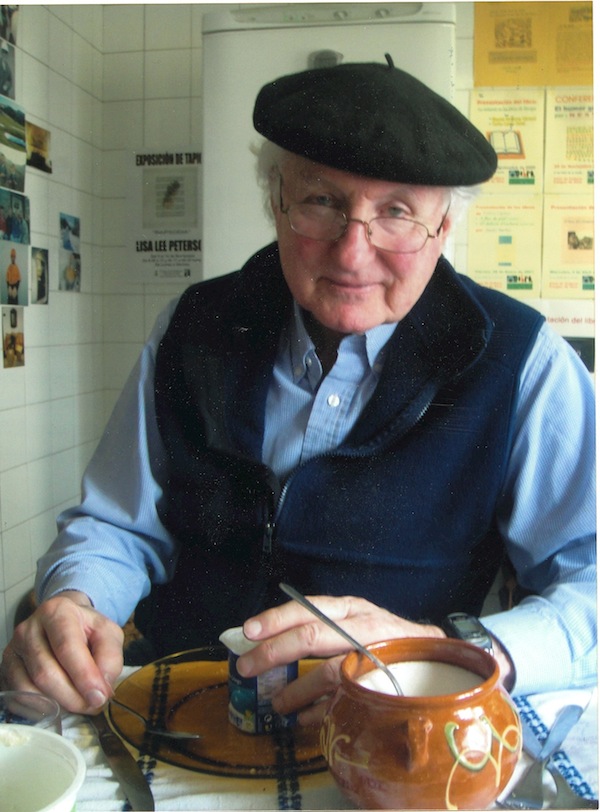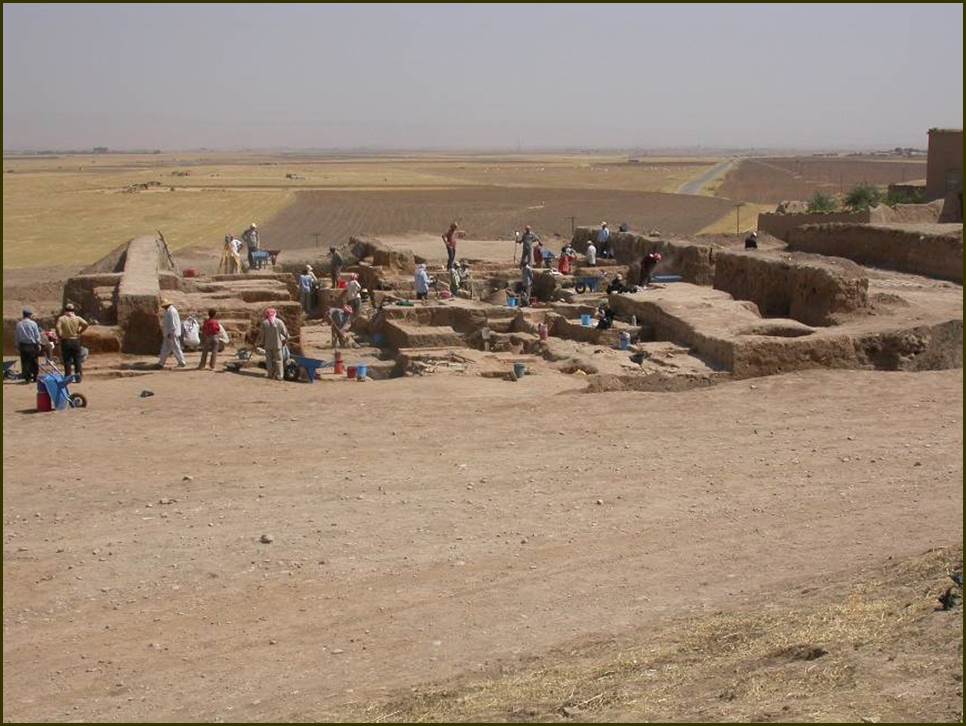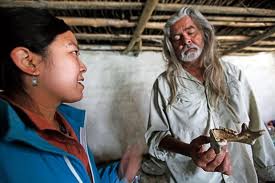James W. Fernandez
Department of Anthropology
University of Chicago
April 24, 2014
317 Silsby Hall
4:00 - 5:30 PM
James W. Fernandez (PhD, Northwestern 1962), a prominent American anthropologist, is a Professor Emeritus of Anthropology and of Social Sciences in the College at the University of Chicago. Prior to his tenure at the University of Chicago, he had been a Professor of Anthropology at Princeton University, and from 1965 to 1972 had taught anthropology at Dartmouth.
He has done ethnographic research in Africa and is presently working in northern Spain and Atlantic Fringe Europe on regionalism, on shifting lifeways (from agro-pastoralism to mining to reindustrialization) and on revitalization processes. He is interested in short-range, over the last several hundred years, social and cultural evolution and how, by various imaginative devices, local communities narrate their past, understand their present circumstances, and seek to foretell their future. A semantic theory of tropes has been central to the analysis of this “time-binding” of past, present and future. He is the author of numerous groundbreaking books, edited volumes and articles, including Bwiti: an Ethnography of the Religious Imagination in Africa (1982); Persuasions and Performances: the Play of Tropes in Culture (1986); Beyond Metaphor: the Theory of Tropes in Anthropology (1991); Irony in Action: Anthropology, Practice and the Moral Imagination (2001); En el Dominio del Tropo: Imaginacion Figurativa y Vida Social en España (2006).
This talk bears on the old and widespread notion in anthropology of Fictive Kinship… a notion, since it implies as its counterpart the notion of natural or biological or “real” kinship has been subjected to significant critique in the last several decades by Sahlins, Schneider, Strathern, and others. In an interesting and perhaps contrary way, however, this critique opens us up to the idea that culture, if not natural, is a good deal more fictive than commonly understood. The author here considers the viability of a “fictionalist” perspective on that issue and further brings the even more basic kinship notion of genealogy under critical inspection. This “time binding” notion of genealogical continuity has long been an important organizer of social life in most cultures, inevitably with moral resonance. That is to say it has the power to point up who and what is to be valued in our “communicative interaction” in the “moral order”. Genealogies are often so organized so as to bring moral obligation, often hegemonic, to bear upon the present generation. Various well known “moral genealogies”” are examined and the paper ends by suggesting where and in what sort of genealogies we might best , contemporaneously, be investing our intellectual, investigative and moral efforts.
